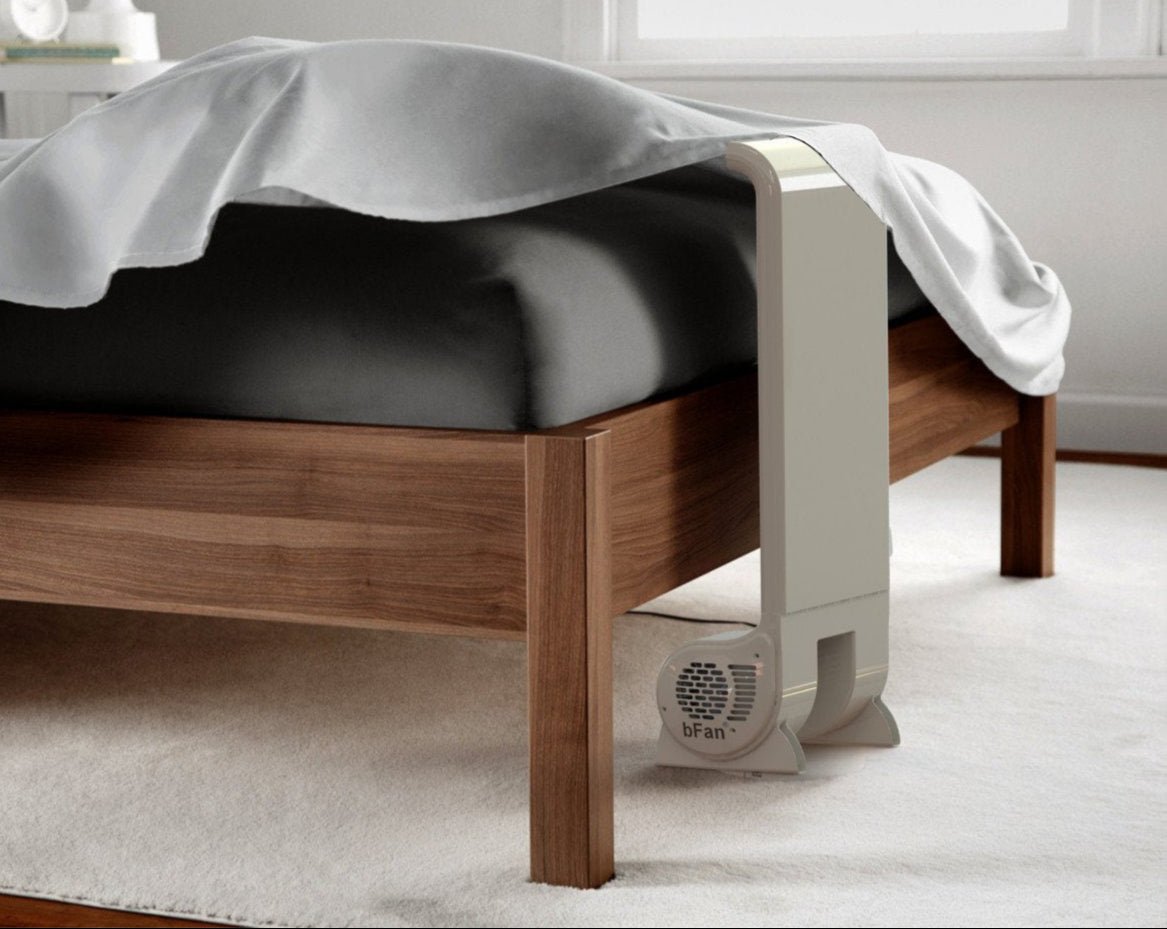Night Sweats as a Sign of Pregnancy
Night sweats, which are defined as heavy sweating that occurs while sleeping, are closely linked to women’s hormones. Night sweats are one of the most aggressive symptoms of menopause, so it should come as no surprise that they can also occur with pregnancy. In fact, a sudden onset of night sweats can be considered an early sign of pregnancy when in conjunction with other symptoms. So why do night sweats occur during pregnancy?
Hormones heavily impact the part of your brain that controls your body’s heat levels. This means that a change in hormones stemming from menopause, or in this case pregnancy, can cause an increase in sweating in order to cool down the body. In addition, anti-nausea medications prescribed to women suffering from pregnancy-induced nausea can also cause night sweats because they interact with your body’s Sympathetic Nervous System, which controls sweating.
Night sweats can begin as early as within the first two to three weeks of pregnancy because there is such a rapid production of estrogen. They’re also most common during the first trimester overall and tend to decrease as the pregnancy progresses. It’s also important to note that estrogen is not the only hormone causing these changes in the first trimester. Two other pregnancy-related hormones are thyroid stimulating hormone and human chorionic gonadotropin (hCG), both speeding up your metabolism to provide the baby with enough nutrients. The influx of these hormones can make the body more sensitive to heat and sweating more.
Outside of the influence of the aforementioned hormones, pregnancy causes progesterone to rise, which also causes the body to run hotter and cause night sweats. Tracking the body’s temperature, especially basal temperature, during pregnancy will show that there is a rise in the body’s temperature just after waking up. This nighttime spike in temperature can also be a driving force behind night sweats.
Night sweats can also occur during the third trimester, although alternative factors cause them during this time frame. Third-trimester sweats result from due to the body increasing blood flow to the baby. Postpartum night sweats are also very common, if not more common than during pregnancy. Postpartum sweats occur as the body tries to eliminate the excess liquid accumulated within the body during pregnancy.
Night sweats during pregnancy add a lot of unnecessary stress to your life as they can make sleeping difficult, leading to a lack of sleep. It’s essential to drink plenty of water during this time to prevent dehydration. Dressing in breathable clothing for rest with removable layers can help keep your body cool. Using a light comforter and breathable sheets can also assist in keeping the body cool. Although setting the air conditioner to a cooler temperature can also help improve sleep, it can also get pricey very quickly. This is why opting for a fan is a better choice, especially for those on a budget. While tower fans and ceiling fans can provide relief, the most relief can be gained from the BedFan, which blows air directly over the body.
Share

